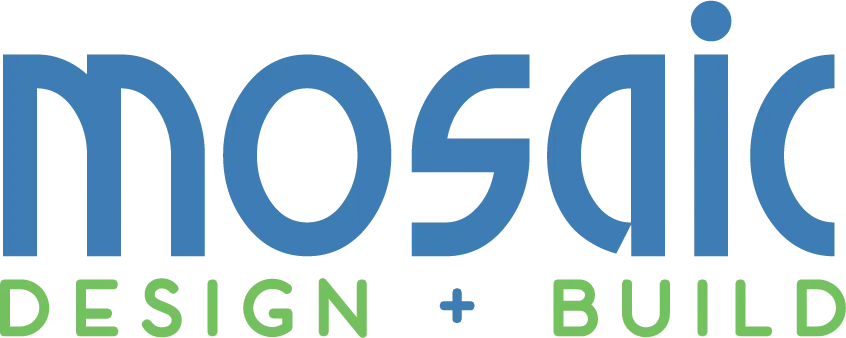Having just left my group study session for a NARI Green Professional exam slated for July 18, I find my thoughts once again drifting into “what does green mean?” territory. Our Atlanta group — there are about ten of us — has had some provocative side discussions which have touched often on ethics, philosophy, values, and culture rather than products, efficiencies, safety, and health. Of course all of these, and more, are inextricably linked, and we have truly discovered that there is so much we do not know about how our craft and its products interact with both the environment and our bodies. It is fair to say that it is overwhelming, and very exciting to be tackling this as a discipline and not just the next hot topic!
What few really understand is that this “movement” is not brand new, but is decades old. Many pioneers and end-users have preceded us, and what we are experiencing now is what Malcolm Gladwell calls the Tipping Point. In my opinion this is the reluctant tipping point, driven not just by pure environmental motivations but also by sheer cost – to the pocketbook and to our health and comfort. Still works for me, and I find now every day all the little things I am NOT doing that are so simple and meaningful in terms of saving resources and breaking the cycle of “I grew up doing this, so …”.
Today we discussed the phenomenon of the last 50 years in which houses have been designed and constructed ever tighter and more insulated and climate-controlled, and yet at the same time we have filled these houses with more and more products which are manufactured with materials that off gas toxic emissions and particles that are increasingly trapped in the interior environment. Progress at odds with itself — and I do not suggest by thinking aloud on this that anyone should panic. At the same time, there is at it turns out some pretty nasty stuff that floats around for years, and we probably universally don’t want to be breathing it or ingesting it, and for darn sure do not want our kids exposed to more than necessary.
So, there is a learning curve, kind of a “read the ingredients on the yogurt container” mentality that we all may want to consider, because there are a lot of products out there and more every day that DO NOT threaten our health and are becoming more affordable and accessible. And there are a lot of practices we can all adopt that have outsized positive impact on our energy usage and environmental health. You hear about them every day now, and maybe, like me, you haven’t taken them for much more than the magazine cover hollering that there are another 8 ways to get yourself six-pack abs. Well, I humbly submit that we all have a lot to learn — I certainly do — and we owe it to ourselves. I am excited that our company is committed to learning and in turn educating and assisting our clients in making choices through the full cycle of remodeling that are sensible, affordable, healthy, and durable. The good news is we have a lot of company headed in the same direction and a lot of interest in these services.
By William Fadul, co-founder MOSAIC Group [Architects and Remodelers] in Atlanta, GA
